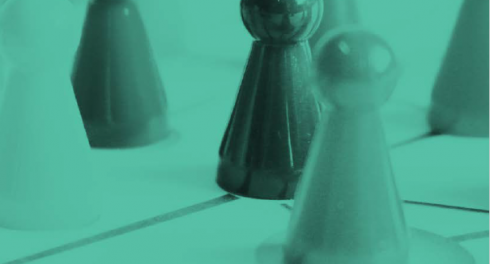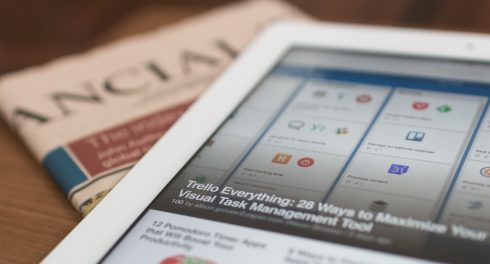
Credit: Open Society Foundations
“Inspiring” and “energizing” are not words most people would frequently associate with monitoring, evaluation and learning (MEL). MEL practitioners, on the other hand, never have as much fun as when they are locked in a room together and given the opportunity to talk about evaluation with other evaluation professionals. Take for instance the Open Society Foundation’s Fiscal Governance Program MEL Jamboree.
My main take-away from the event? Despite being MEL professionals, we are in fact all highly versatile generalists. Externally, MEL sounds fairly technical and highly specialized. Taking a closer look at all of our professional responsibilities, a different picture emerges. While all of us would like to become experts in something, our jobs require us to be jacks-of-all-trades with functional knowledge of several areas. Here is a non-exhaustive list of skills and expertise we (internal MEL staff) must have:
- Evaluation methodologies
- Survey design
- Data/statistical analysis
- Software/database development
- Data visualization
- Workshop facilitation
- Organizational development
- Research and literature review
- Donor reporting
- Donor relationship management
- Writing
- Public speaking
- Presentation skills
- Change management
- Project management
- Programmatic knowledge
- Team/consultant management
- Listening and empathy
Quite a long and diverse list, and I do not expect to ever meet anyone with expertise in all areas. Since we MEL practitioners cannot possibly be proficient in all the skills we need for our work, the logical conclusion? Network! We all need to seek external support/resources when additional expertise is required (which is quite often). Especially since most of us work as part of very small MEL teams and have few, if at all any, colleagues to use as sounding boards for our MEL initiatives.
While we all have access to infinite online resources and more relevant MEL literature than we could consume in a lifetime, there is nothing like talking to other professionals who understand your situation and can give you tailored advice. This became all too clear during the Jamboree’s evaluation clinic, where I presented NRGI’s plan for an external evaluation, and received invaluable and relevant advice from the participants.
In a recent blog post, Alison Miranda (TAI) talks about how ‘MEL takes a village’, referring to the necessity for everyone within an organization to contribute to MEL. In addition to this ‘internal village’, I would say that MEL also takes an ‘external village’, made of up of other practitioners willing to collaborate and support each other. This realization is empowering – it is ok for us to be generalists, but we need to routinely and actively seek help from colleagues and experts outside our organizations. Hopefully, going forward, this network of practitioners we started at the MEL jamboree will become one of the primary resources we turn to when we need support, technical inputs or MEL advice.


